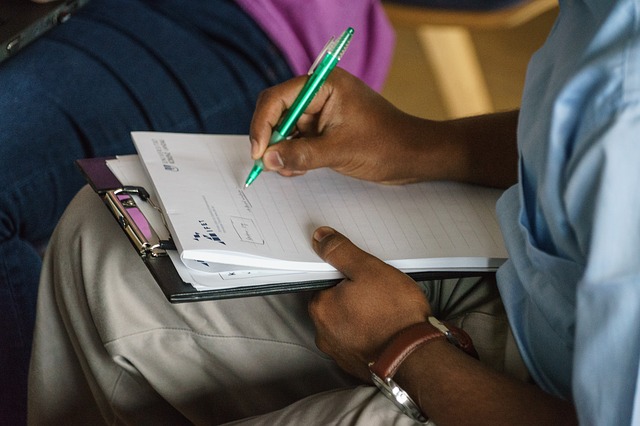Pity the poor (anonymous) translator
The Sunday Times Culture magazine of August 2 contained, as it so often does, an interesting book review, written by the paper’s economics editor, David Smith. The sub-headline was encouraging: “The return of the rock star economist”, it proclaimed.
The unlikely economic rock star is Thomas Piketty whose 2014 book “Capital in the 21st century” created a stir which in Anglo-Saxon economic circles probably rivalled that of “50 shades of grey”. Now Piketty has published a second work, “The economics of inequality” (Belknap, 2015), which looks set to emulate the success of his first.
Piketty’s first book has, to date, sold well over a million copies, many of them (most of them?) in the English-speaking world. Nothing unusual about that, of course, except that Piketty is French. He writes in French. His cultural environment is French. So how are all these British and American economists able to heap such lavish praise on this otherwise little-known French academic?
The answer, of course, is that his work has to be translated if we Anglo-Saxons wish to read it. Fortunately Monsieur Piketty is well provided for in this respect. Here’s David Smith, in his review: “The fact that “Capital in the 21st Century”, well translated, (my emphasis) and full of literary references, was actually readable added to its appeal.” He goes to discuss Piketty’s latest offering: “The new book has the same translator …”
David Smith doesn’t name the translator in his review, although he does get a credit. The translator is Arthur Goldhammer and, thanks to Wiki, we can give him his due.
“Arthur Goldhammer (born 1946) is an American academic and translator.
Goldhammer studied mathematics at MIT, gaining his PhD in 1973. Since 1977 he has worked as a translator. He is currently based at the Center for European Studies at Harvard.” (source Wikipedia).” For over 30 years, he has produced an impressive list of translations, mainly focussing on French culture and politics. For example:
The institutions of France under the absolute monarchy, 1598-1789 by Roland Mousnier, 2 vols, 1979-1984.
The three orders: feudal society imagined by Georges Duby, 1980.
Time, work & culture in the Middle Ages by Jacques Le Goff, 1980.
The Arabs by Maxime Rodinson, 1981.
Medieval slavery and liberation by Pierre Dockès, 1981.
The heights of power: an essay on the power elite in France: with a new postscript, 1981 by Pierre Birnbaum, 1982.
So next time you pick up a book whose origin is not in the English-speaking world, spare a thought for the unseen presence of the expert linguist who has made the original work available to you.
If you would like to learn more about the translation services that we offer, click here



